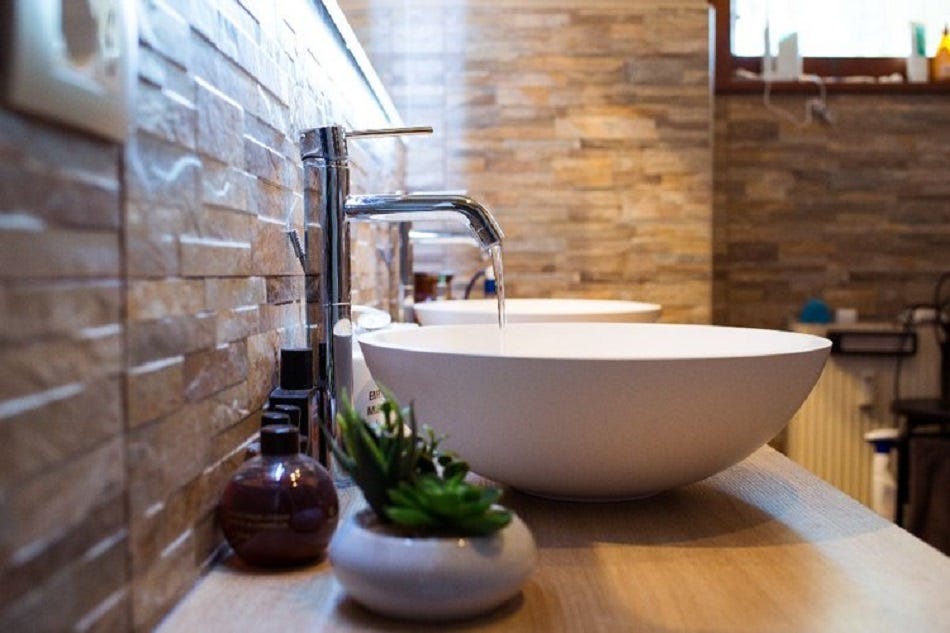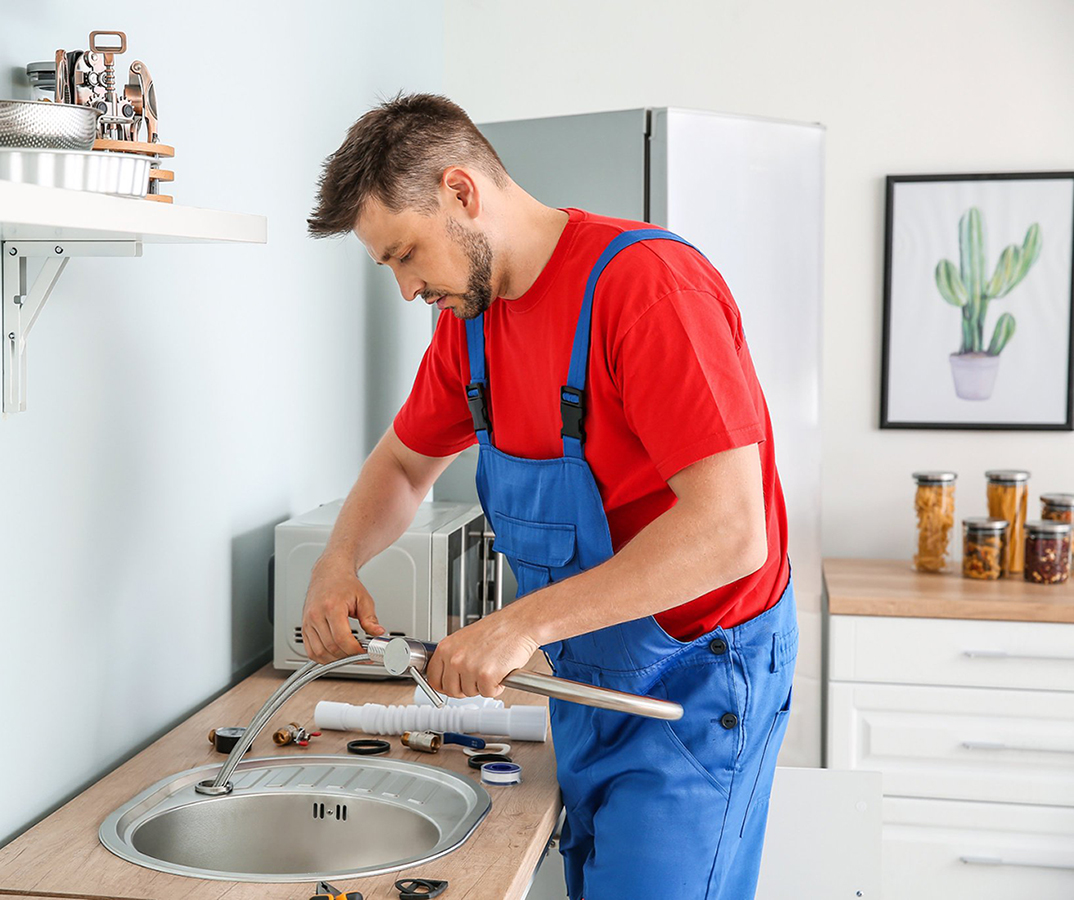Essential Bathroom Plumbing Advice Every First-Time Home Buyer Should Know
Essential Bathroom Plumbing Advice Every First-Time Home Buyer Should Know
Blog Article
This article on the next paragraphs in relation to Smart Plumbing Tips for New Homeowners is indeed motivating. Don't overlook it.

For new homeowners, understanding and maintaining washroom plumbing can conserve both money and time by protecting against costly issues down the line. Here are some vital restroom plumbing ideas to help you maintain every little thing running smoothly.
Acquaint Yourself with the Key Shut-Off Valve
Knowing where the major water shut-off shutoff lies in your house is critical. This enables you to quickly turn off the water supply in case of significant leaks or during pipes emergency situations, avoiding extensive water damages.
Consistently Examine for Leakages
Little leakages can bring about large troubles. On a regular basis check under sinks, around commodes, and near pipes components for any type of signs of leakages. Seek moisture, tiny drips, or corrosion. Capturing and repairing leakages early can avoid a lot more severe damages and save water.
Don't Neglect Slow Drains
If your sink or bath tub is draining slowly, it's commonly a sign of a blockage creating. Resolving this very early can protect against a full obstruction. Make use of a bettor or a plumbing professional's snake to clear out particles. Stay clear of using chemical drainpipe cleansers as they can harm your pipelines in time.
Know What Not to Flush
Commodes are not garbage disposals. Prevent flushing anything besides bathroom tissue and human waste. Things like wipes, womanly health products, and cotton bud must be thrown away in the garbage to avoid blockages and sewage system back-ups.
Set Up Strainers in Drains
Location filters in your sink and tub drains to capture hair and various other debris before they enter your pipes system. Cleaning the filters frequently will help avoid build-up and keep water streaming freely.
Keep Your Water Heater
Guarantee your hot water heater is readied to an ideal temperature level (typically about 120 levels Fahrenheit) to avoid scalding and minimize energy use. Flush the storage tank every year to remove debris buildup, which can lower the performance and life expectancy of your heating system.
Update Your Fixtures
If your home has older fixtures, think about updating to extra effective designs. Modern commodes, showerheads, and taps are made to use much less water while giving great pressure, which can considerably lower your water expense and environmental impact.
Be Cautious with DIY Plumbing Services
While it's tempting to manage all home repair services by yourself, be cautious with pipes. Some problems could need expert knowledge, specifically if they involve main water lines or sewer repair work. Working with an expert can occasionally be a lot more affordable than do it yourself, especially if it stops additional damage.
Get Ready For Winter
Shield your pipes from freezing throughout cold weather by protecting pipelines in unheated areas like basements, attics, and garages. Throughout severe cool, allow cold water drip from taps served by subjected pipes to help protect against cold.
Arrange Routine Maintenance
Take into consideration scheduling annual evaluations with a qualified plumber. They can find problems that you could miss out on, such as covert leakages or wear and tear on pipelines and fixtures. Normal upkeep assists extend the life of your pipes system and can stop emergency situations.
Final thought
Recognizing and preserving your home's bathroom pipes can stop numerous common concerns. By complying with these essential suggestions, you can guarantee your bathroom remains functional and efficient, conserving you money and time over time.
Essential Plumbing Tips for Homeowners: Keep Your Pipes Flowing Smoothly
As a homeowner, understanding the basics of your plumbing system can save you time, money, and a lot of headaches. Plumbing issues can range from minor annoyances like dripping faucets to major problems like burst pipes that cause significant damage. This guide provides essential tips to help you maintain your plumbing system and tackle common issues.
Understanding Your Plumbing System
Supply System: Brings fresh water into your home from a municipal source or a well. Drain-Waste-Vent System: Removes wastewater and vents sewer gases outside. Fixtures and Appliances: Includes sinks, toilets, showers, dishwashers, and washing machines. Basic Maintenance Tips
Regular Inspections: Periodically check for leaks, corrosion, and other signs of wear and tear. Look under sinks, around toilets, and near water heaters. Know Your Main Shut-Off Valve: In case of a major leak, you’ll need to shut off the water quickly. Ensure everyone in your household knows where the main shut-off valve is located. Prevent Frozen Pipes: In cold climates, insulate exposed pipes and let faucets drip during extreme cold to prevent freezing. Use Strainers: Install strainers in sinks and tubs to catch hair, food particles, and other debris that can cause clogs. Common Plumbing Issues and Solutions
Clogged Drains:
Prevention: Avoid pouring grease down the drain and use drain screens to catch debris. DIY Fix: Use a plunger or a plumbing snake to clear minor clogs. For stubborn clogs, a mixture of baking soda and vinegar can sometimes help. Leaky Faucets:
Prevention: Replace washers and seals regularly. DIY Fix: Turn off the water supply, disassemble the faucet, and replace worn parts.

Details Here Report this page